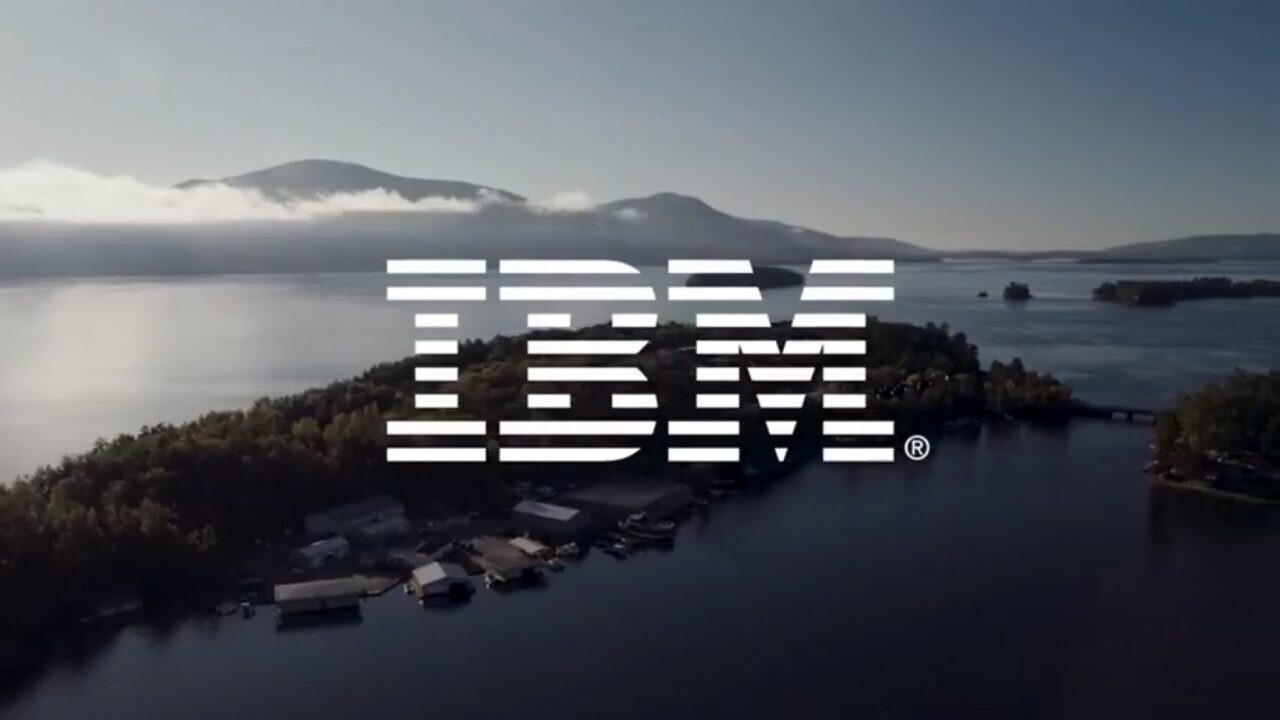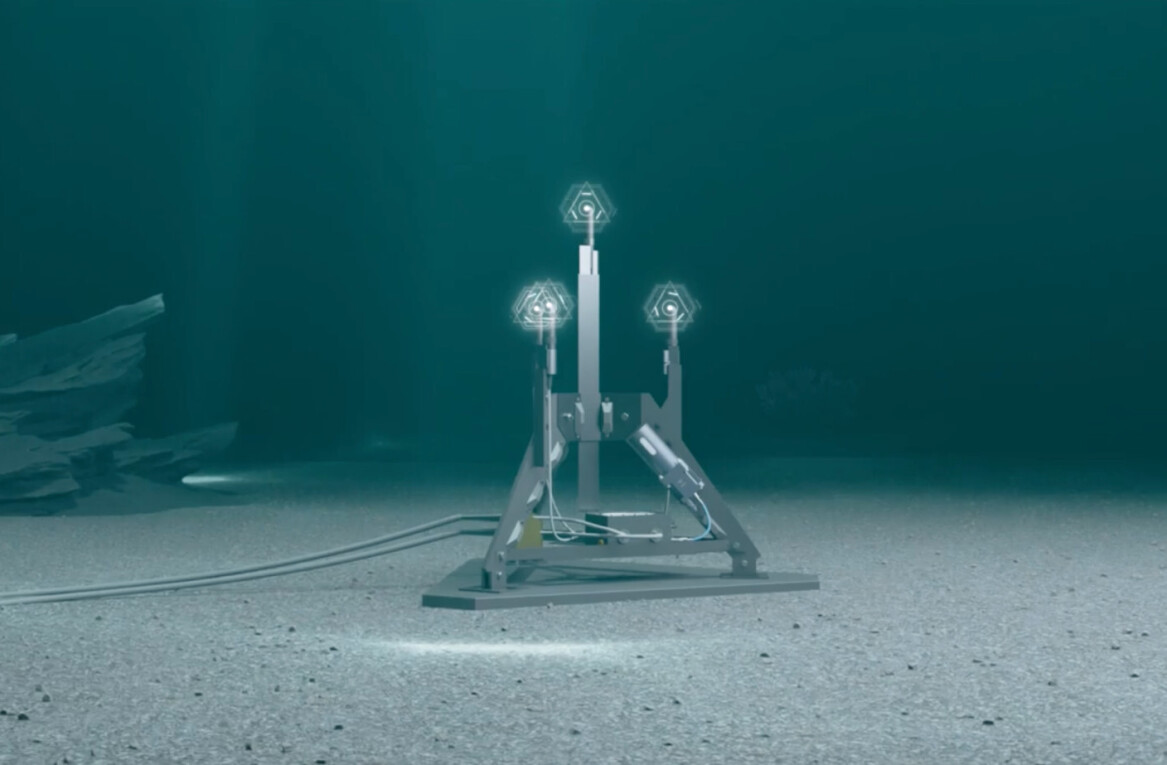
Only a handful of countries (Japan, Taiwan, Mexico, and China) have nation-wide earthquake early-warning systems. Isn’t that weird?
Many other countries have alert systems in place for certain portions of the population but a significant portion of the estimated 2.7 billion people who live in daily risk of experiencing a dangerous earthquake remain uncovered.
IBM Developer Advocate Pedro Cruz in a recent interview said:
In early January, the largest earthquake I’ve ever felt hit Puerto Rico, a 6.4 magnitude. While some cities are equipped to face earthquakes, Puerto Rico’s island infrastructure and construction woes make our local community fearful of what could come next. There are many communities around the world that face these same infrastructure challenges that bear the brunt of impacts from earthquakes.
If my community had early warnings to take cover or move to safety, even just a few seconds before the shaking started, it could help keep our community safer.
IBM and Cruz, along with partner the Linux Foundation, teamed up with Grillo a startup based out of Mexico City, Mexico and Santiago, Puerto Rico to come up with a solution for Puerto Rico and the rest of the world.
Rather than reinvent the wheel, Grillo’s work focused on creating a low-cost, open-source, easily deployed solution based on combining established technology such as seismometers with cutting-edge solutions such as cloud-based connectivity.
According to Cruz:
Grillo has already done an incredible job developing a lower price point seismometer, pre-programmed to stream data to the cloud, which can be monitored remotely.
We are complementing Grillo’s earthquake analysis tools with Node-RED, and helping the OpenEEW community expand a Docker-based container solution that can be tested and run locally. It can be optionally deployed to Kubernetes/OpenShift on the IBM Cloud as part of the pathway to building an open source community.
The goal is to make it dead-simple to create and scale earthquake early-warning systems to provide as much population coverage as possible. To this end, IBM’s partnership means Grillo’s solution is available as a developer tutorial on IBM’s website and will be packaged as an option for Call for Code entrants.
As Cruz puts it:
I know this system works and the potential it can realize if we can scale it globally. With IBM’s support, I helped install some of Grillo’s sensors around Puerto Rico. Last month, I received an early warning at my house about a magnitude 4.0 earthquake that was centered in the southwest part of the island. This alerted me to go outside of my house to a safe location in advance of the tremor.
In developing the sensor technology and warning system, Grillo operated its solution in tandem with the Mexican government’s EEW and Grillo’s tech outperforms the state tech by a significant margin. Now, thanks to its partnerships with IBM and the Linux Foundation, it’s ready to deploy globally with a little help from the worldwide developer community.
For more information on the OpenEEW check out IBM’s blog post here.
Get the TNW newsletter
Get the most important tech news in your inbox each week.





